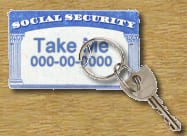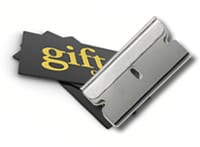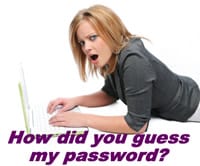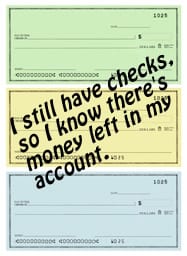 When you want to make a purchase with the money in your checking account, do you actually write a check or do you use a debit card I am not talking about paying bills, which is relatively safe I’m talking about making a purchase at a store or a garage sale.
When you want to make a purchase with the money in your checking account, do you actually write a check or do you use a debit card I am not talking about paying bills, which is relatively safe I’m talking about making a purchase at a store or a garage sale.
I recently read that some retailers no longer accept checks as a form of payment At first I thought this was strange, but then I realized that I couldn’t remember the last time I wrote a check at a store I haven’t carried my checkbook with me since I had my purse stolen years back It was a bad experience Did you know that your account number and bank routing number are clearly printed on each check? Not to mention your name and address That’s too much information Instead, I use cash and my debit card It’s easy and more convenient.
When you use a debit card, you give away less personal information No one can see your home address or your phone number Your driver’s license number isn’t written down for all to see You might think, “well it just goes in the register and then off to the bank.” But, that’s not the case If you’ve ever worked retail, you know that closing can be chaotic, with open registers and multiple people accessing each register as they balance the sales for the day Then, your personal information goes to the store office, to bank personnel, and then to the check clearing house They all have access to your information And, I’m not even getting into the computer systems that store this information and what can happen with that Who knows if one of them is taking your information for some fraudulent purpose?
The less people who see your information; the less chance of identity theft We all need to do our part to keep our personal information safe.




 You have all heard me talk about FICO scores and how important they are to your financial health. I’m going to walk you through a scenario so you can see how FICO affects you.
You have all heard me talk about FICO scores and how important they are to your financial health. I’m going to walk you through a scenario so you can see how FICO affects you.